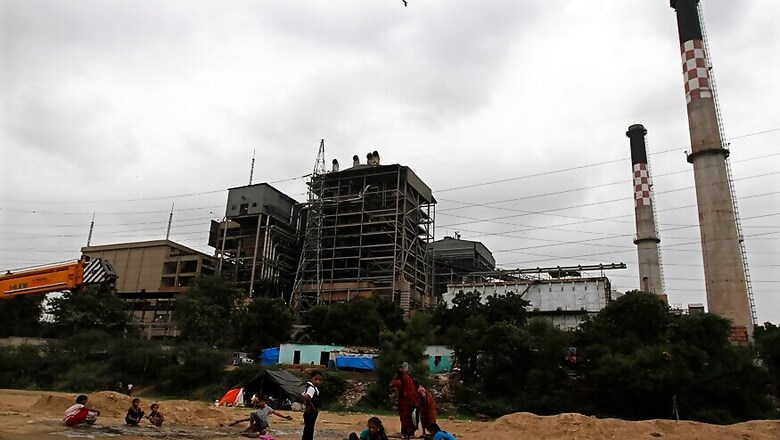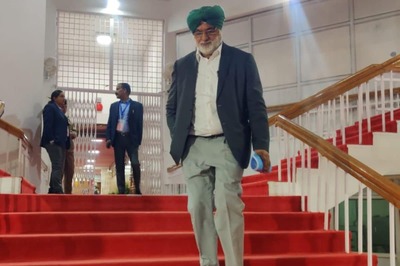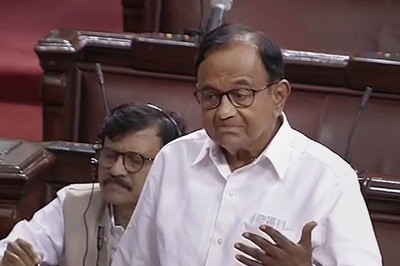
views
New Delhi: Thermal Power Plants across the country missed their December 7 deadline, set by the by the Environment Ministry, for them to upgrade to cleaner air technologies.
A series of RTIs filed by civil society groups, Jhatka, found TPPs to be woefully under-equipped to cut down their emissions.
The notification, issued in December 2015, aimed at bringing down sulphur dioxide (SO2), nitrogen oxide (NOx), PM10 and mercury emissions by about 75-80 percent.
Of the 90 plants that received Jhatka’s RTI queries, only 17 responded. From the answers, it seemed that even though they had the technology, thermal plants lag on cutting emissions.
“The ministry stands by its notification,” said environment secretary CK Mishra. “However, we need to be practical. We can't switch to these technologies overnight.”
“It’s a fact that the power plants across India have not been able to implement them but conversations are on with them to do so within a reasonable frame of time,” he added.
Even senior officials in the ministry are claiming that the two-year deadline was ambitious. “It takes a year to desulfurize one plant. The ministry is aiming to get all the work done by October next year, to avoid another bad winter,” said an official.
The power plants were supposed to install three pieces of tech for cleaner emissions — Electrostatic Precipitators (ESPs) for particulate matter, Flue Gas Desulphurisation (FGD) to minimise SO2 and mercury, and Selective Catalytic Converter (SCR) and Selective Non-Catalytic Converter (SNCR) to reduce NOx. RTI replies show that most plants are still studying the feasibility of FGDs and have not installed the catalytic converters.
In its reply, the National Thermal Power Corporation (NTPC) said that it could not shut down all its power plants, which produce a combined 16GW of energy, to install catalytic converters and FGDs.
According to Jhatka, the power plants also argued that the cost of retrofitting the plants would have to be borne by the customers. However, in its statement, the civil society groups quoted research from the Centre for Science and Environment, which stated that the cost would be less than 3 percent annual increase of the power tariff for the next three years.
For now, said officials, the environment ministry was working with the Central Pollution Control Board and pushing on all fronts, to clean the air.




















Comments
0 comment